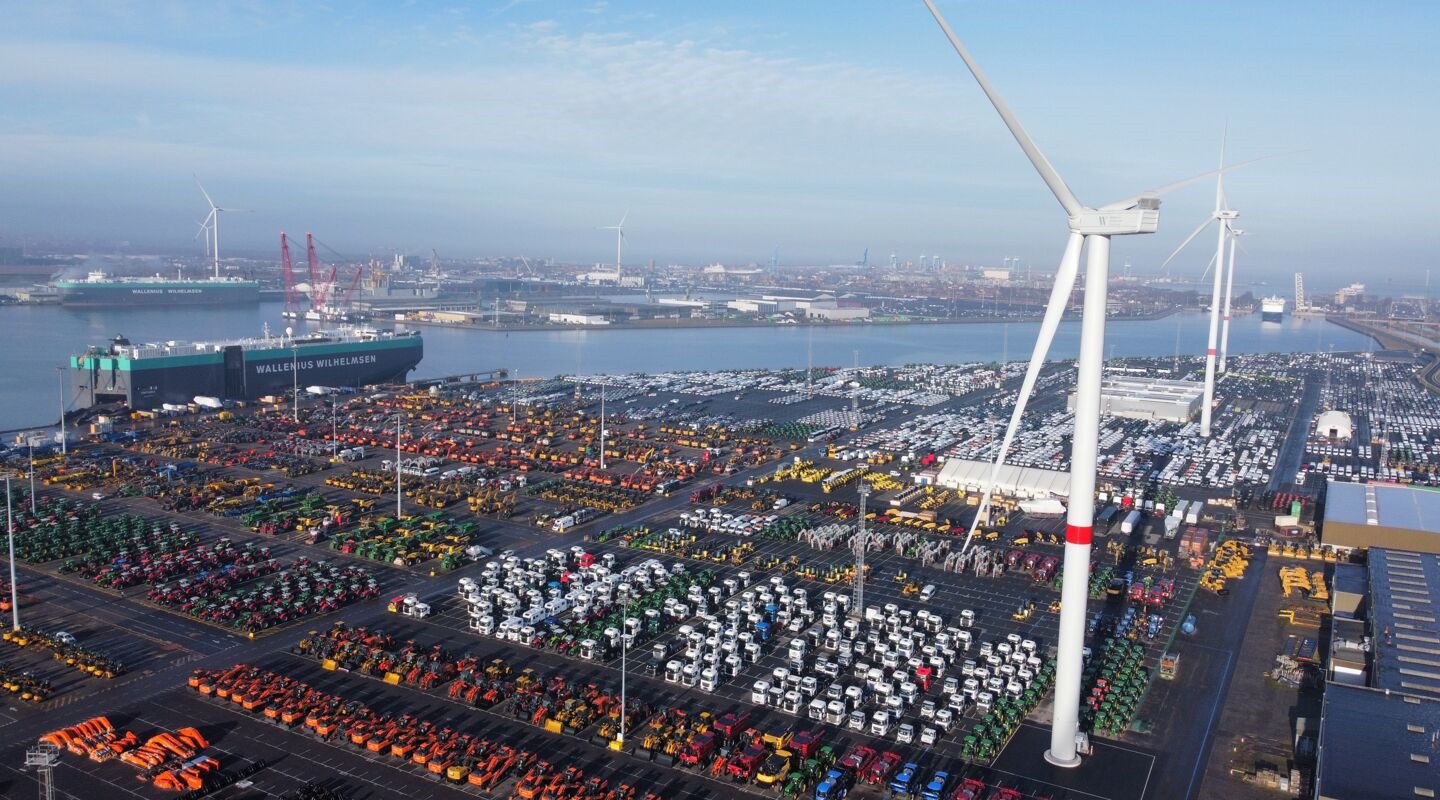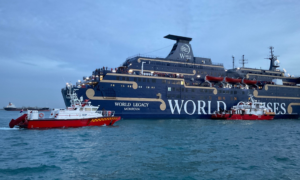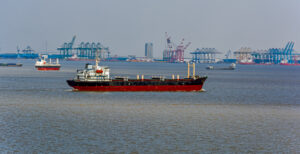
Shipping companies are facing an added concern with the increasing demand for electric vehicles, in accordance with Wallenius Wilhelmsen, a group specialist in roll-on/roll-off shipping and vehicle logistics.
Fires onboard vessels can have catastrophic consequences, and battery fires are extra potent and dangerous.
In particular, Li-ion batteries generate extreme heat when they malfunction, often reaching temperatures of 800 degrees Celsius or higher. This heat can quickly spread to nearby combustible materials, causing a rapid fire that’s challenging to extinguish.
There are several causes of battery fires, including internal short circuits, external impacts and dendrites to mention some.
As it is said by Wallenius Wilhelmsen group, these malfunctions often occur during charging or following a charging cycle and can be exacerbated by faulty or defective battery cells. While the failure rate of lithium-ion batteries is relatively low, the increasing use of uncertified batteries and devices is raising concerns about the potential risks.
Onboard roro vessels, where thousands of cars are stowed close together, the consequences of a battery fire can be particularly dangerous.
“Controlling li-ion battery fires are almost impossible, once the fire catches on to nearby vehicles their frames melt and the work to extinguish is extremely challenging,” says Henrik Meyer, senior quality manager, ports, terminals & stevedoring at Wallenius Wilhelmsen.
“To mitigate these risks of fire, logistics and shipping companies like Wallenius Wilhelmsen have implemented strict regulations and best practices for handling electric vehicles,” as the company claims in an article published yesterday in its website.
“They regulate the state of charge (SOC) of all batteries, and only accept vehicles with a desired state of charge of 50 percent or lower, preferably below 30 percent. Additionally, Wallenius Wilhelmsen uses CO2 fire suppression systems to suppress air and oxygen in case of a fire, as using too much water for cooling can cause stability issues on the vessel,” as it is furthermore said.
There is a growing call for industry best practices and standards for alternatively fuelled vehicles and electric vehicles, particularly for deep-sea voyages, and industry bodies have established task forces to address these challenges.


